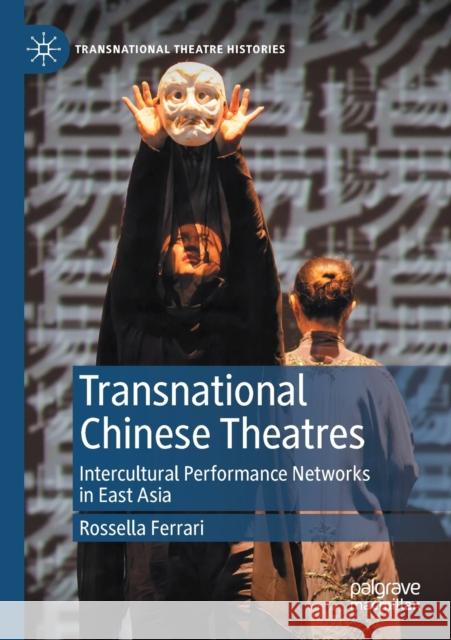Transnational Chinese Theatres: Intercultural Performance Networks in East Asia » książka
topmenu
Transnational Chinese Theatres: Intercultural Performance Networks in East Asia
ISBN-13: 9783030372750 / Angielski / Miękka / 2021 / 306 str.
Transnational Chinese Theatres: Intercultural Performance Networks in East Asia
ISBN-13: 9783030372750 / Angielski / Miękka / 2021 / 306 str.
cena 321,26
(netto: 305,96 VAT: 5%)
Najniższa cena z 30 dni: 308,41
(netto: 305,96 VAT: 5%)
Najniższa cena z 30 dni: 308,41
Termin realizacji zamówienia:
ok. 22 dni roboczych.
ok. 22 dni roboczych.
Darmowa dostawa!
Kategorie:
Kategorie BISAC:
Wydawca:
Palgrave MacMillan
Seria wydawnicza:
Język:
Angielski
ISBN-13:
9783030372750
Rok wydania:
2021
Wydanie:
2020
Numer serii:
000793505
Ilość stron:
306
Waga:
0.42 kg
Wymiary:
21.01 x 14.81 x 1.83
Oprawa:
Miękka
Wolumenów:
01
Dodatkowe informacje:
Wydanie ilustrowane











